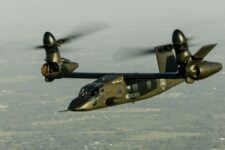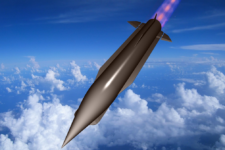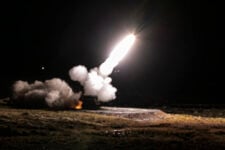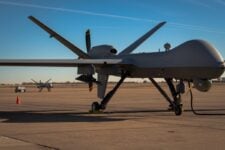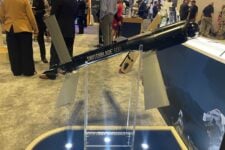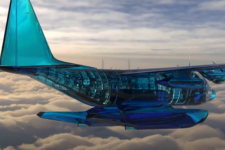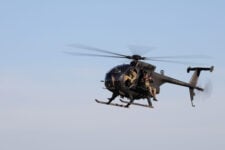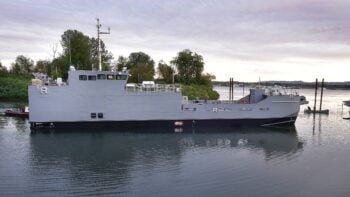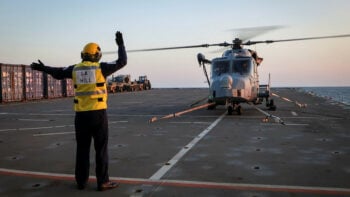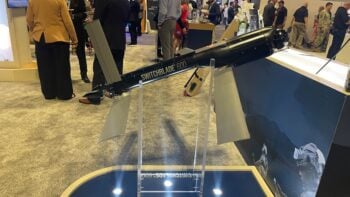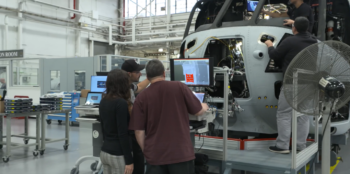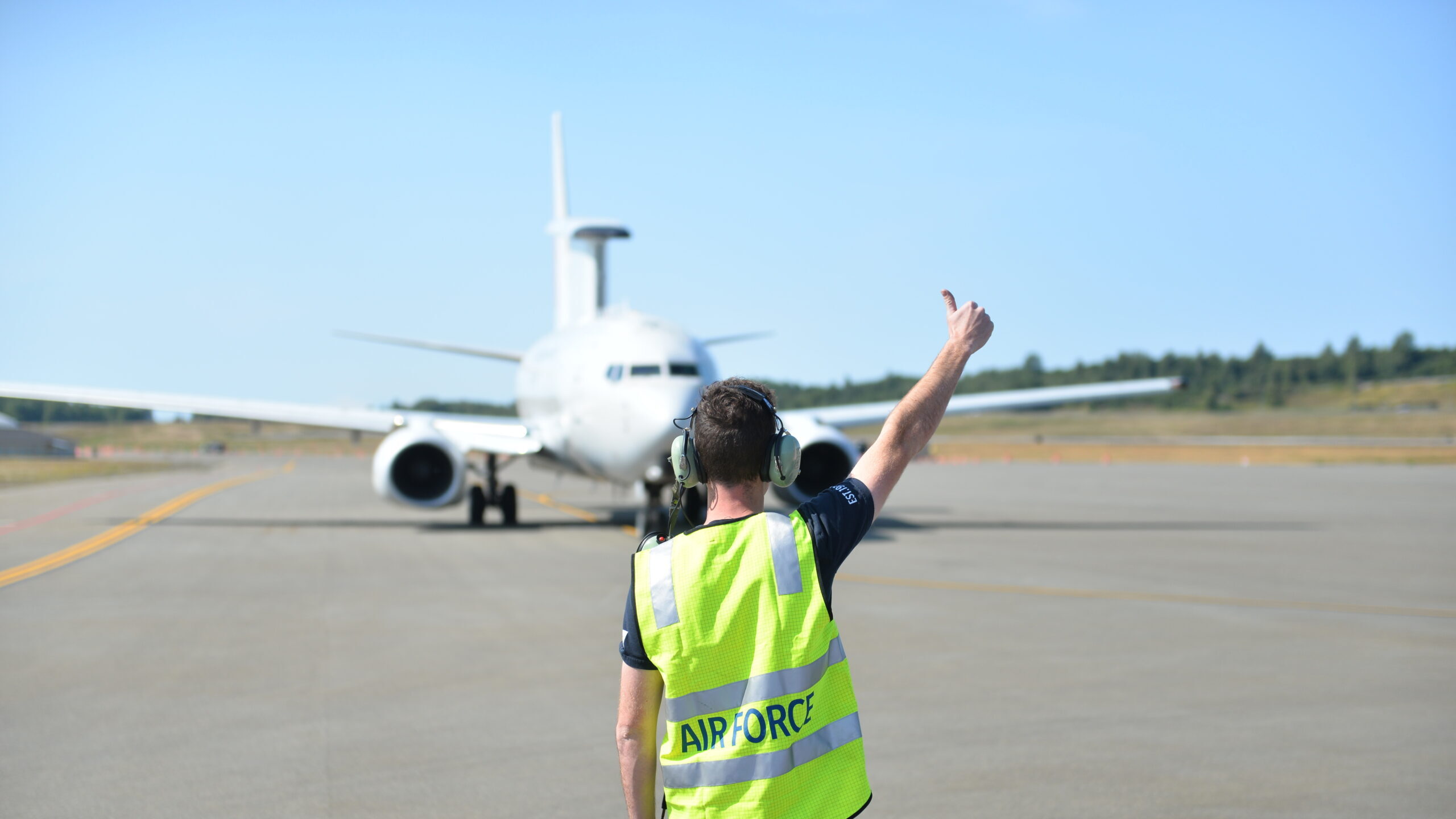
Royal Australian Air Force Leading aircraftman Peter Ellis gives the thumbs up that the E-7A Wedgetail airborne early warning and control aircraft is ready for a sortie during Red Flag-Alaska 19-3 at Joint Base Elmendorf-Richardson, Alaska, Aug. 9, 2019. (U.S. Air Force photo by 2nd Lt. Mark Goss)
WASHINGTON — The Air Force and Boeing are close to resolving a pricing disagreement that has held up a deal for the first two E-7 Wedgetail planes, and a final agreement could materialize within weeks, the Air Force’s top acquisition official said Wednesday.
The Air Force initially estimated it would cost $2.1 billion for the rapid prototyping program, but Boeing’s own projections were around double the service’s planned costs, Andrew Hunter said.
The final agreement “will be higher than our original estimate. I think we understand now that that is necessary,” he told reporters after a congressional hearing.
But the Air Force still believes it will be able to get a good deal that doesn’t simply split the difference between the two parties’ initial proposals.
“We think we can substantially improve over what Boeing offered us. I would say we will not meet in the middle,” Hunter said. He added that while the costs of the rapid prototyping portion of the program will increase, “we aren’t currently projecting a significant difference in the cost of production,” though that could change as the service gleans more data.
Boeing said in a statement, “We are partnering with the US Air Force to deliver this critical capability and are working diligently to reach an agreement.”
The Air Force awarded Boeing a $1.2 billion contract for the Wedgetail in 2023 under an undefinitized contract action, or UCA, which allows work to start while the parties iron out final contract details such as pricing and schedule. The agreement covers the first two prototypes, with a plan to transition the program into production and field a total of 26 Wedgetails by 2032.
But negotiations between Boeing and the Air Force hit a stumbling block over price, Air Force Secretary Frank Kendall said in February. Hunter said then that the planemaker had projected a large amount of non-recurring engineering required to meet US specifications, driving up costs.
At the same time, billions in cost overruns on fixed-price defense programs and an ongoing safety crisis in its commercial planes unit has forced Boeing executives to underscore the importance of “contract discipline,” with leaders publicly stating that the company will not enter into fixed-price development contracts or agreements that could further put Boeing in financial peril.
RELATED: Boeing out of the E-4B Doomsday plane replacement competition
The hold up in negotiations forced the Air Force to delay procurement funding slated to begin in fiscal 2025, as it did not have a design firmly under contract, Hunter said. However, the Air Force still believes Boeing will be able to deliver the first prototype aircraft in FY27.
“It would not have been possible to project it to enter procurement [in FY25] when we didn’t even have a definitized prototyping contract that we felt like we could stand behind and say, ‘This is an affordable capability,’” he said. “We’re much closer to that. And we’ll have an opportunity to revisit how we ramp into production with the next budget.”
Beginning work for a program under a UCA isn’t optimal, Hunter said, and the Air Force understood entering into the agreement with Boeing that it would be better to “understand the full parameters” of a contract before starting the program. But service officials felt like it was the best course of action so that it could replace the E-3 AWACS early warning and control plane as soon as possible, he added.
The E-3’s engines are set to reach their end of life around 2030, Lt. Gen. Richard Moore, the Air Force’s deputy chief of staff for plans and programs, said during the hearing.
TAI exec claims 20 Turkish KAAN fighters to be delivered in 2028
Temel Kotil, TAI’s general manager, claimed that the domestically-produced Turkish jet will outperform the F-35 Joint Strike Fighter.

